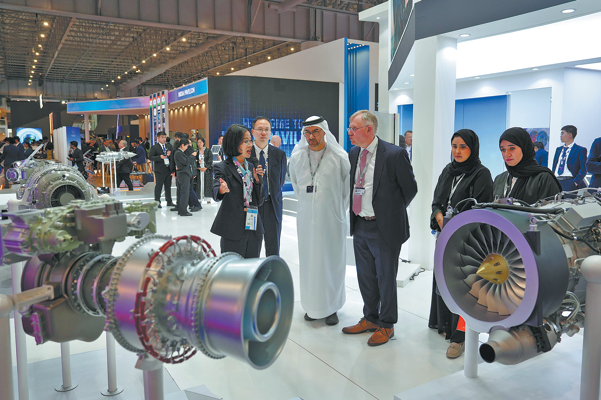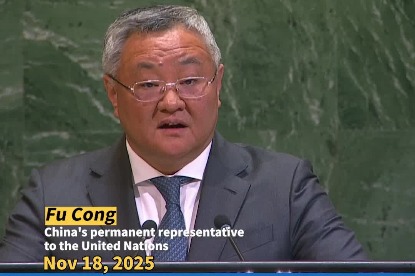Presidential meeting helps cool trade tensions

The meeting between the presidents of China and the United States in the Republic of Korea late last month helped cool tensions over a possible escalation of trade disputes between the world's two largest powers, but investors from Brazil, analysts, and the Brazilian government remain uneasy.
Raquel Nadal, deputy secretary for macroeconomic policy at Brazil's Ministry of Finance, said that the results from the meeting should be viewed cautiously because predictability, which ensures healthy market conditions, still exist due to President Donald Trump's tariff policy.
"If you don't have predictability about what and under what conditions you will export, you don't invest. These tariffs are very harmful. The risk is not tied to any specific rate, but to the uncertainties that affect growth and can harm Brazil by influencing commodity prices—especially those largely exported to China," Nadal said.
One constant concern, Nadal added, is Brazilian soybeans. If soybean sales are eventually used as leverage in negotiations, prices could fall in the international market, she said. "That would affect Brazil's trade surplus with China, which is essential for maintaining a positive trade balance," she said.
According to attorney Vivian Fraga, a partner at TozziniFreire Advogados and a specialist in regulatory affairs, the US tariffs affect investors on a global scale because they reshape supply chains and increase costs across multiple sectors.
"Even companies without direct exposure to the US end up being affected, as the impacts ripple through suppliers and customers worldwide," said Fraga.
Evandro Carvalho, an international law professor at Fluminense Federal University in Rio de Janeiro, said Trump's trade war runs contrary to the spirit of the World Trade Organization, which aims to reduce tariff barriers to stimulate international trade and foster economic development.
Carvalho noted that China is capable of facing US tariff wars. "China's ability to respond economically forces the United States to feel the cost of its foreign policy."
Carvalho stressed that the coming years will still see a US reaction to China's rise as a global power.
"There is a relative understanding, but competition for technological leadership, for example, will keep the relationship fluctuating. Even more so with the United States clearly on the defensive. We are seeing a process of deglobalization driven by the US and a re-globalization led by China through multilateralism," he said.
































